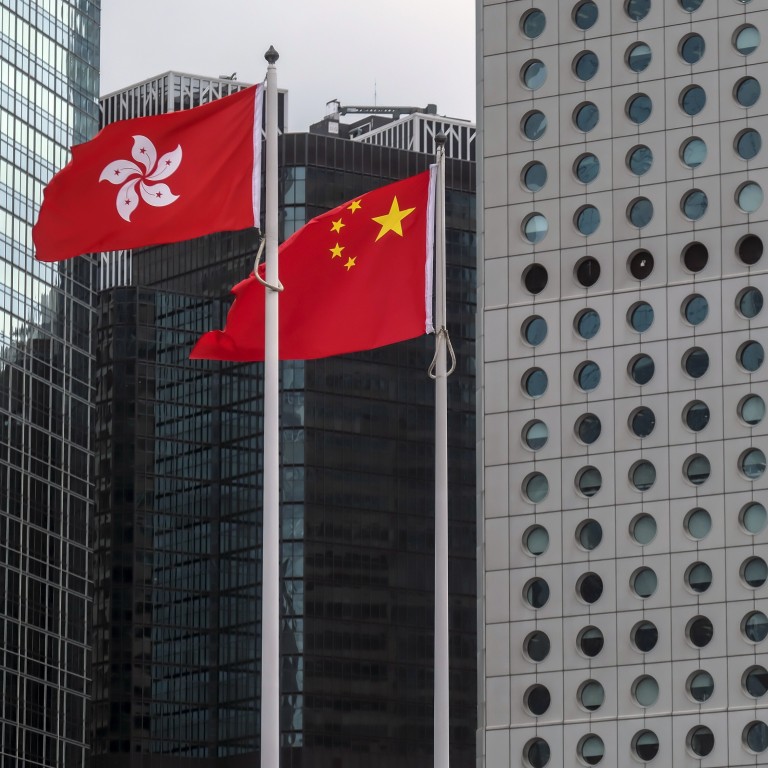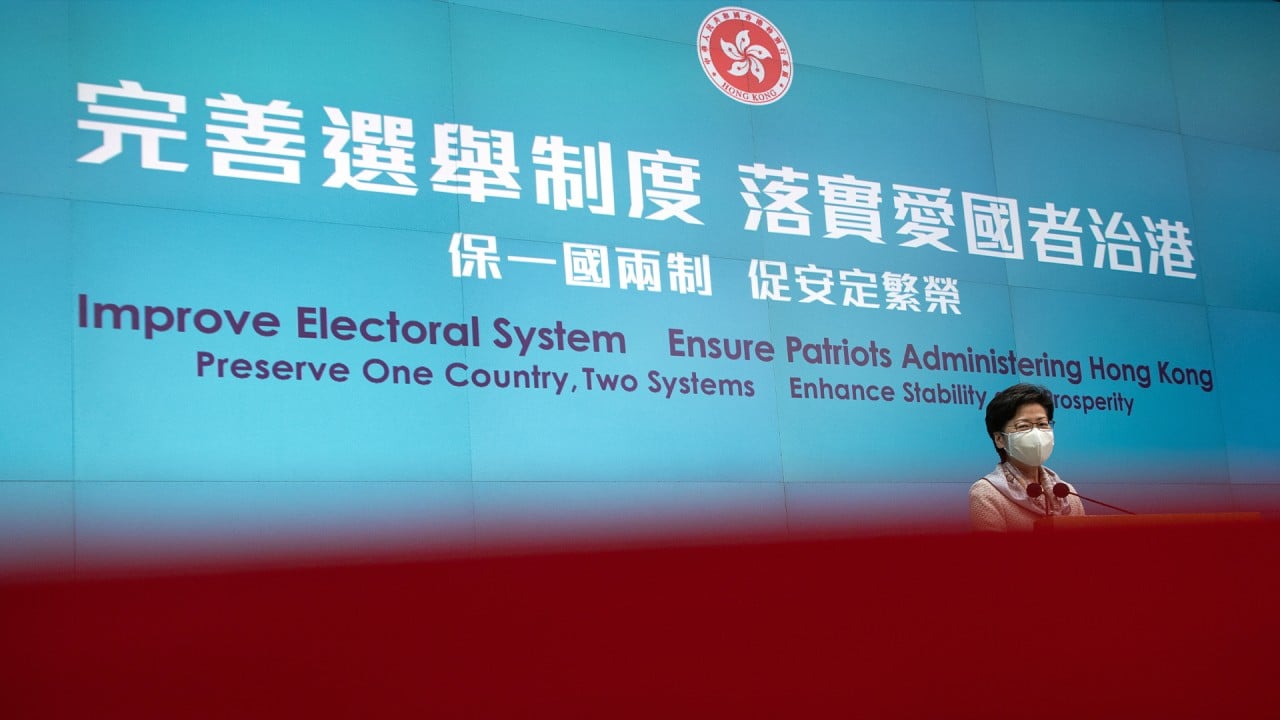
Hong Kong must strive to make the best out of electoral shake-up
- Reforms aiming to ensure city is governed by ‘patriots’ may seem like the end of the democratic dream, but those with faith in ‘one country, two systems’ should still come forward
There was never any doubt about Beijing’s resolution to eradicate “non-patriots” via sweeping electoral reforms. As the dust settles following the passage of a new framework for the chief executive and Legislative Council elections, the focus has turned to the details.
While Beijing sees the need to ensure Hong Kong will be governed by patriots, the changes have raised serious concerns about their impact on the political landscape and governance. Will there still be room for opposition and meaningful checks and balances? How to assure seats are not filled by political yes-men, but those who can help enhance governance?
The government has to explain how the shake-up, the biggest since the city returned to Chinese rule in 1997, has not undermined democracy. Under the revised Basic Law annexes, all 117 seats held by district councillors in the Election Committee that chooses the chief executive have been scrapped, and more seats created for other district groups.
Legco will be expanded to 90 seats from 70, with 40 being controlled by the Election Committee. Directly elected seats will be slashed to 20 from 35 under a dual-seat, single-vote system.

02:34
China’s top legislative body passes sweeping Hong Kong electoral reforms
There is no disputing that the changes will further enhance the dominance of Beijing loyalists in the city’s political structure. But they also raise questions as to whether there will be any room for those who do not see eye to eye with Beijing on various issues.
Even if some are allowed to come forward, their presence in the legislature will be much less than it used to be. It will also be much harder for lawmakers to initiate changes, but mainland officials said this did not mean opposition would be disallowed.
Equally worthy of concern are the new nomination vetting body and the expanded powers of the Election Committee to propose lawmakers. The national security agency and police will also be involved in the nominations process.
Separately, those hoping to become chief executive or enter the legislature will have to secure far wider support, which given the intricacies of cross-sector political alignments could damage the chances of those traditionally considered patriots.
For many who have pinned their hopes on universal suffrage, Tuesday’s outcome may appear the end of a decade-long democratic dream. Like it or not, the new rules of the game are now in play.
Beijing formalises plan to tighten control over Hong Kong’s electoral system
There are those who may just give up, but some moderate figures say they will still come forward. It is to be hoped that there will be room for greater democracy in future.
With three important polls in the coming year, the immediate task is to put in place arrangements that return suitable people under the city’s framework of “one country, two systems”.

